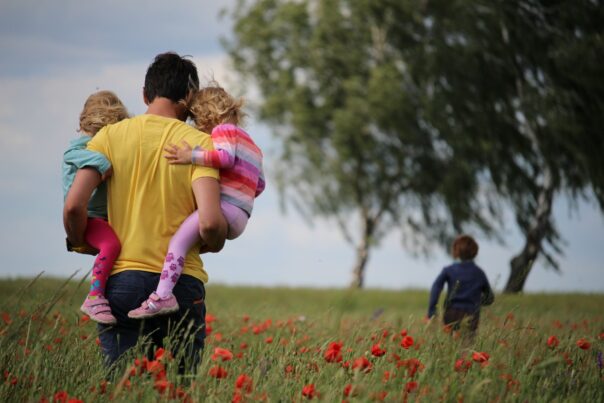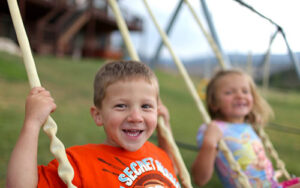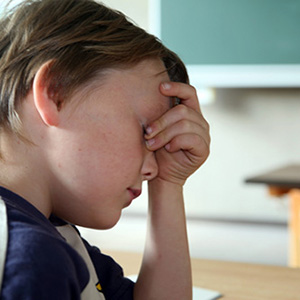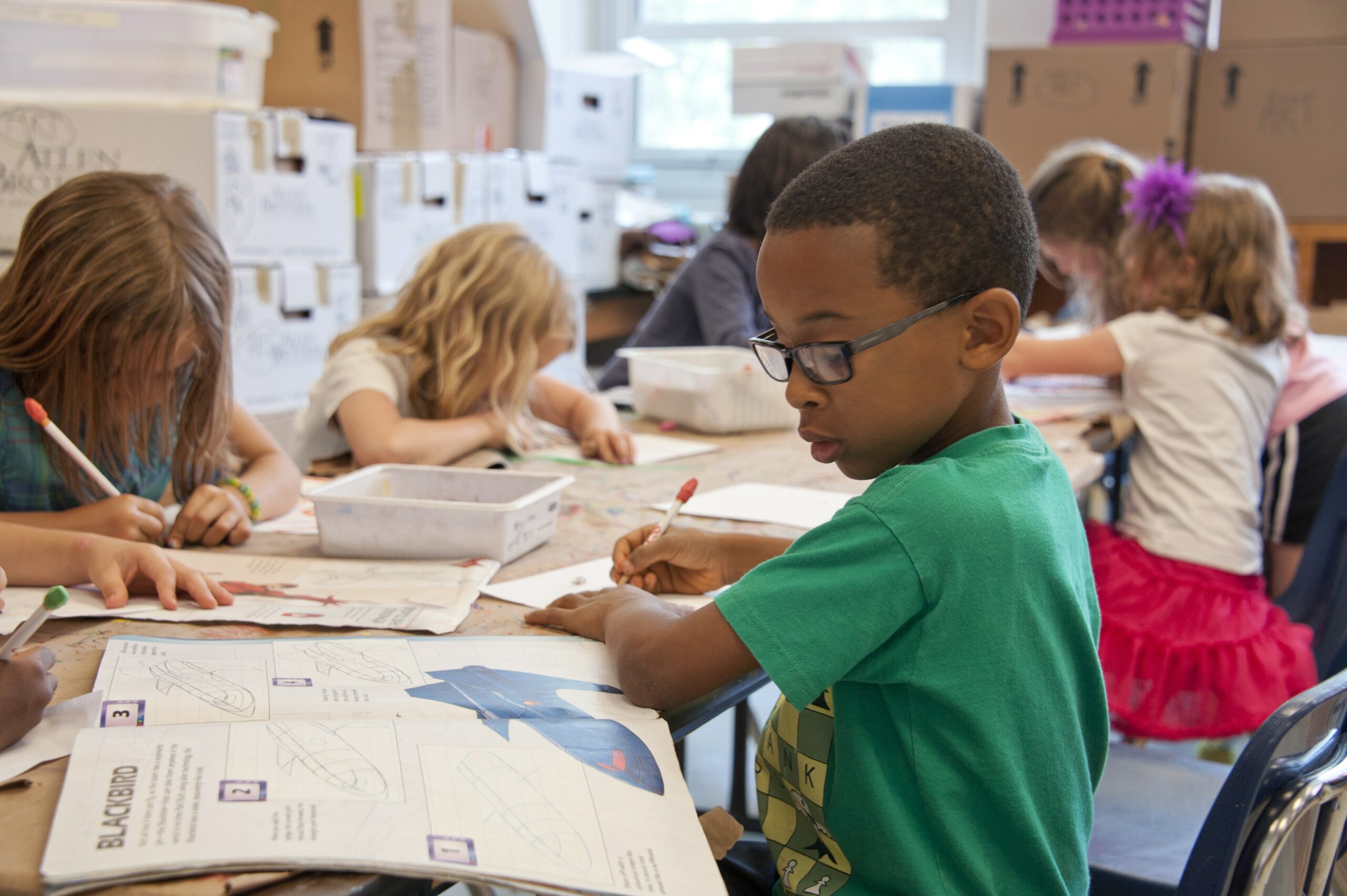We often associate wellness with physical health. However, wellness is described by the Global Wellness Instituteas the “active pursuit of activities, choices, and lifestyles that lead to a state of holistic health.” This includes your physical, mental, and emotional well-being. As we step into National Wellness Month, here are a few tips for keeping you and your family focused on wellness and keeping self-care at the forefront of your mind.
How to Understand Your (and Their) Stress
Stress can come in all shapes and sizes, and is going to look different in you than in your children. The way they cope may be totally different from what you’re used to dealing with. In fact, the way that you even coped with your stress as a child may be different from the way you cope now! Understanding your child’s stress is the first step to working through stressors, big and small. You may start to overcome.
Although you as an adult might know when you’re stressed, the signs of stress in a child can have a wider range as they deal with these emotions for the first time. There might be physical signs, such as dizziness, fatigue, or a change in what they’re choosing to eat, the possibilities are endless. However, there can also be behavioral signs. Compulsive habits might take place, or small outbursts might occur. Sometimes these can just be part of growing up, but if repetitive could mean more.
While you can’t expect to solve all of your child’s problems (and in truth, you can’t always solve your own), there are a few coping mechanisms that can help create less stress. The Imagine Journal offers an opportunity for your child to write about anything they’re feeling, even if there may not be any stressors at the time. While you can always offer a safe space, sometimes offering a non-parental option can feel safer. It not only helps create trust for future problems down the road but can help build healthy mechanisms as they get older.
How to Handle Loss
Whether it’s moving to a new house or grieving a loved one, big life changes can affect your child in ways you may not even know. Offering outlets for conversations are key ways to make sure you and your child are adjusting to these life changes.
If a loved one has a progressing condition such as Dementia or Alzheimer’s, sometimes offering time to understand why changes are happening, giving them a chance to ask questions and voice their concerns, and understanding the grief as disease progresses can lead to an easier transition. In cases like this, keeping a routine is vital. In fact, family stability is directly linked to a child’s success. Visiting older grandparents and parents, aunts and uncles can help them realize they’re still a part of their life. While life changes are inevitable, showing love, connection, and that you’re there through these changes can really make a difference.
While you can’t always prepare for the loss of a loved one, you can take steps to help handle these life changes that work for both you, and your children. When it comes to life changes, caring for a loved one who has a rare terminal cancer like mesothelioma, it’s important to provide the right resources for them. These changes can be hard to deal with at any age, and you might not always be able to provide the right coping mechanisms that they need.
Other difficult diseases such as cancer, heart disease, or diabetes can be a shock once discovered to adults and children. If this is the case when it comes to life changes, there are caregiver resources available that cover anything from counseling, to support services that allow your kids to be involved in these life changes, as little or as much as they would want.
Offering these options can help your child open up, and can even help you find peace in some of these changes in life. While you can’t expect everything to be smooth sailing, small steps to connect can make a difference.
How Fatigue Shows Itself In Others
Fatigue may show itself due to too much activity. You’ve experienced being tired before, right? But, this can go the other way too and can be present if they’re not getting enough activity. It can also be a sign of stress or an effect of other changes in their life. Fatigue in children can present itself in different ways over time.
Some important things to consider here are if there are huge life changes taking place, or if there are stressors at school, in their extracurriculars, or in their personal life. Are they getting regular exercise? Are they getting plenty of rest? Are there changes happening that even you can’t control? Maintaining stability where you can and creating opportunities to work their mind and bodies can help them stay mentally healthy, along with yourself. After all, these tips work for parents too!
While you can’t expect to be the perfect parent, finding coping mechanisms to focus on self-care for yourself and your children is key to creating a healthy, trusting environment. Don’t be afraid to ask for help, and don’t be scared to give yourself some credit where credit is due. Even the small things can go a long way.
Love,
Dianne
Dianne is the founder and CEO of The Imagine Project, Inc., a nonprofit organization that helps children K-12 (and adults) process and heal from difficult life circumstances through expressive writing. Dianne has her Masters in Psychiatric/Mental Health Nursing, is a thought leader in stress and trauma in children, has written multiple award winning books, is an international speaker, lives outside of Denver, CO, and has 3 grown children. Learn more about The Imagine Project at www.theimagineproject.org.





